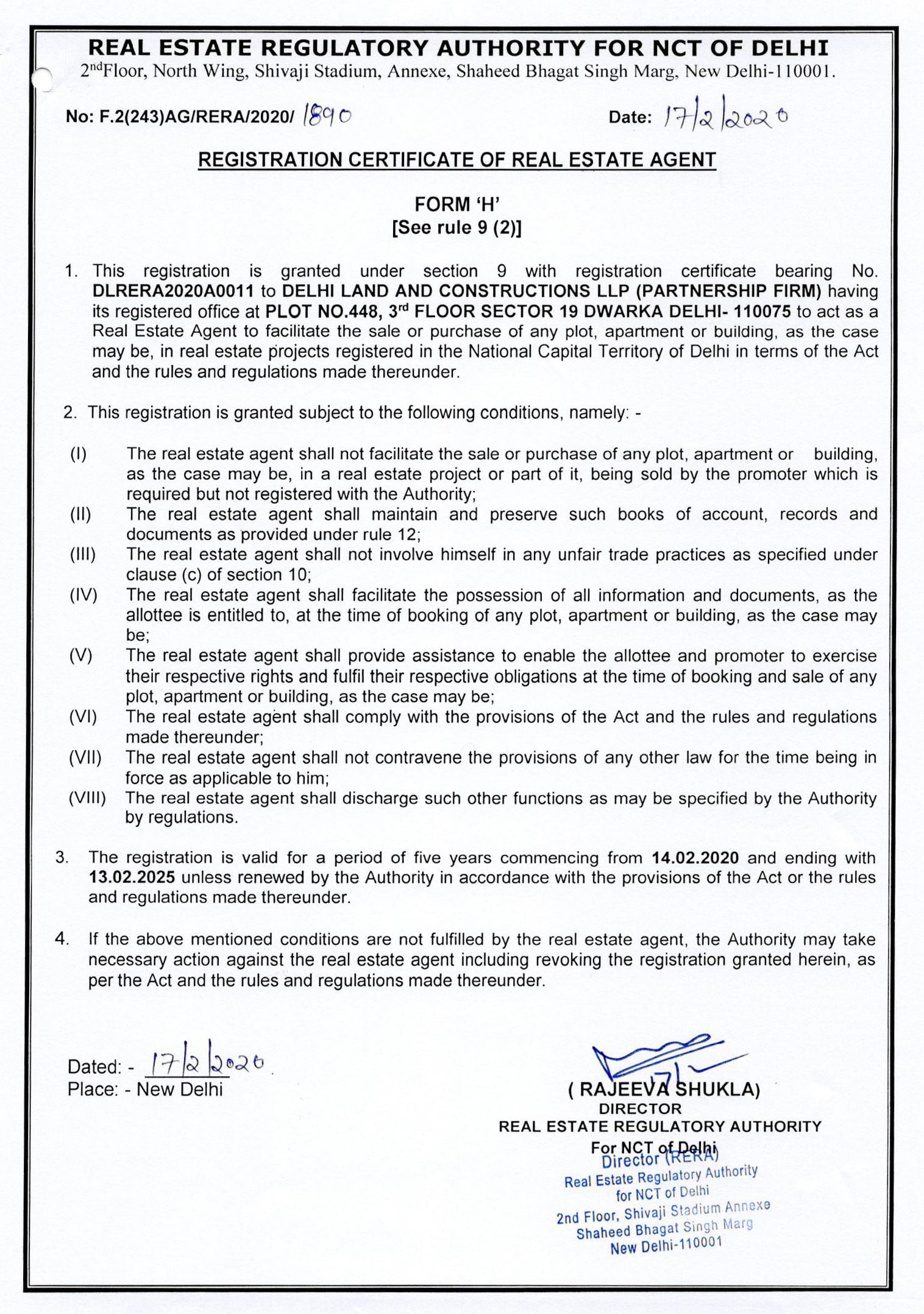Transferring your property to someone is nothing less challenging than purchasing a new property. For a few people, the methods of transferring property can be nerve-wracking. However, now you won’t have to struggle for the same. All you need is to see if your property transfer in India serves your purpose or not. For that, you need to consider some essential factors that will make the process easier for you. Take a look at the article and ease your process of transferring your property.

Sale deed procedure
The most common mode of property transfer in India is the Sale deed procedure. In this process both the parties (the buyer and seller) sign a sales deed. This deed upon agreement is presented in the sub registrar’s office, and your property’s ownership is transferred.
In such a case, if the seller makes a profit from the deal, they need to pay capital gains tax. The holding period for the sales deed is not when the property is inherited, and it is the day when the property was purchased from you. Although sales deed is preferred by the most and is one of the most accessible modes, it is not a cost-saving procedure.
Gift deed procedure
A gift deed is another essential method of property transfer in India. However, section 122 of the property transfer act deems this mode to be voluntary. It is a superior and better-compared method than the sales deed because a gift deed does not require taxes. You can gift your property to any of your relatives. Besides, registration and stamp duty is mandatory for legalizing the property transfer procedure, which is irrevocable. In situations when the recipient receives a gift valued at more than fifty thousand, they need to pay taxes for the received gifts.
Will procedure
Property can be transferred through a will mode as well. However, this mode is allowed only after the death of the person holding the property. The person receiving the property through the will does not require to pay taxes. The person preparing the will can revoke or replace his bill whenever needed, as often as he wants during his lifetime. After his death, his successor needs to apply to the designated authorities with a copy of the will, death certificate and succession certificate for successful property transfer.
Relinquishment deed procedure
The relinquishment will method comes to work when there are multiple owners of the property, and one owner wants to transfer the property to another owner. Such transfer of property procedures is conducted through relinquishment deeds. Stamp duty in such situations is applicable, but only for the relinquished part and not the entire portion. Transfer of property through the relinquished deeds is irreversible.
Partition deeds
A person can also initiate a property transfer procedure through a partition deed. This procedure is vital for transferring jointly held properties. However, a partition deed is conducted to split a property so that every person’s share is defined and clear. Property deeds are required to be registered to make them effective.
Final Words
There are numerous ways for property transfer in India. You just need to choose wisely from your options. There are numerous advantages and cons of every will method, and some are profitable while some might not be cost-effective. Read this article thoroughly to know the different property transfer procedures in detail and understand which one suits your requirements. Some of them are irreversible, while some aren’t. Therefore, make your choice wisely without making any hurry.




